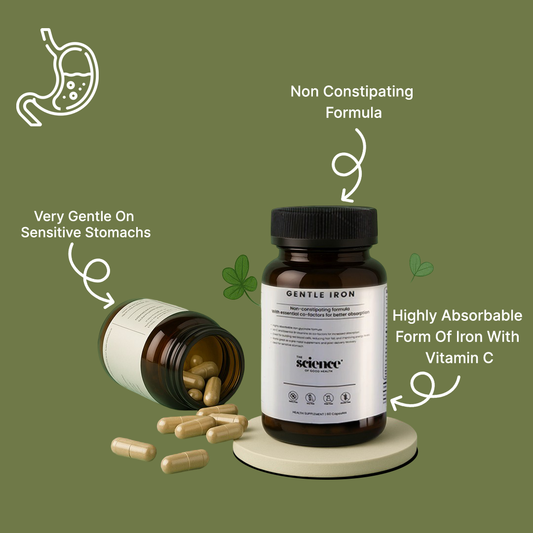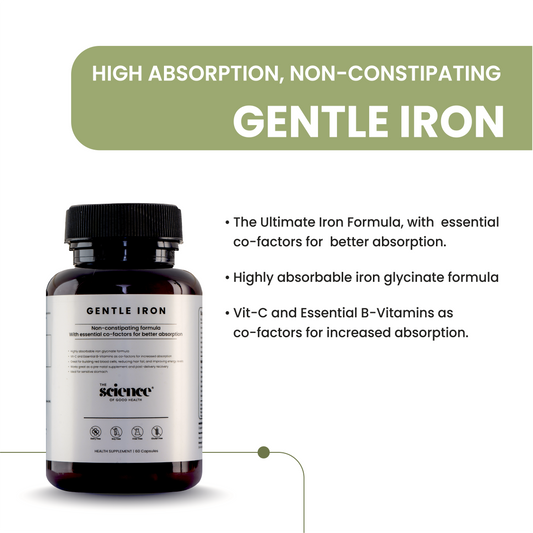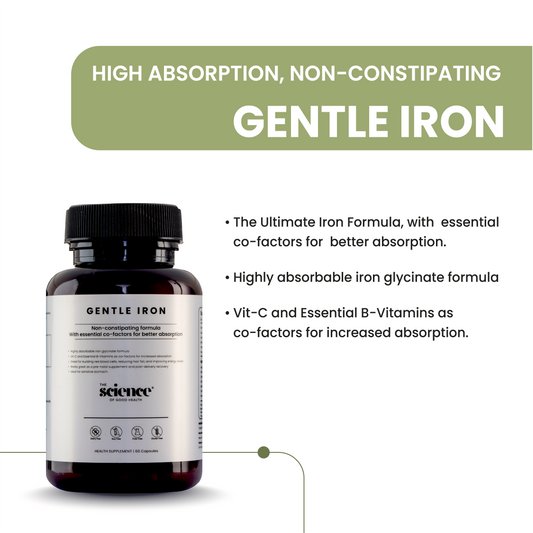If you’ve ever asked yourself “does creatine have calories?” you’re not alone. Many fitness enthusiasts and beginners alike are concerned about whether taking creatine will affect weight loss or fat gain. The truth is that creatine calories are extremely low. A standard 3-5g serving of creatine monohydrate adds only about 12-20 calories to your daily intake, which is negligible compared to most foods.
Despite this minimal caloric content, creatine is one of the most researched supplements in the fitness world. It can improve strength, boost endurance, and support muscle growth. In this article, we will explain everything you need to know about creatine calories, their impact on fat loss and weight management, and how to use creatine to maximize your fitness results. By the end, you will understand why tracking creatine calories is usually unnecessary and how creatine can enhance your workouts and overall health.
What is Creatine?
Creatine is a naturally occurring compound found in muscles and the brain. It plays a key role in producing energy for short, high-intensity activities such as weightlifting, sprinting, or interval training. The human body produces some creatine naturally, but supplementation can help increase muscle stores, which allows for improved performance and muscle growth.
The most commonly used supplement form is creatine monohydrate, which is recognized for being the purest, safest, and most researched form available.
Key points about creatine monohydrate include
-
Helps produce ATP, the energy currency for muscle contractions
-
Improves strength, power, and endurance
-
Supports faster recovery between intense workouts
-
Increases lean muscle mass over time
-
Available in pure, unflavored powder for easy mixing with shakes or water
Although creatine does contain some energy, the creatine calories in a standard serving are minimal and do not function like traditional food calories in the body.
Does Creatine Have Calories?
Yes, creatine technically contains calories, but the amount is extremely small. This is because creatine is made from amino acids, which provide energy. A standard 3g serving of creatine monohydrate contains roughly 12 calories, and a 5g serving contains about 20 calories.
To put this into perspective, here is a comparison of creatine calories with common foods
-
A banana contains approximately 100 calories
-
A slice of bread contains about 80 calories
-
A 3g serving of creatine monohydrate contains about 12 calories
-
A 5g serving of creatine monohydrate contains about 20 calories
The key takeaway is that while creatine calories exist, they are extremely small and do not directly contribute to fat gain. Unlike calories from carbohydrates or fats, the tiny caloric content in creatine does not impact your weight in any meaningful way. Tracking creatine calories is usually unnecessary, even if you are cutting calories for fat loss.
Creatine and Weight Gain: Myth vs Reality
One of the most common misconceptions about creatine is that it causes fat gain. This is not true. Most short-term weight gain from creatine is due to water retention in muscle cells, not fat.
In detail, the effects include
-
Short-term water retention in muscles can cause a small increase in scale weight
-
Creatine supports increased strength and energy during workouts
-
Long-term use contributes to lean muscle growth, which may slightly increase body weight but improves body composition
-
Research consistently shows no evidence that creatine calories cause fat gain
Understanding the difference between temporary weight changes from water and actual fat gain is critical. Creatine helps you build lean muscle, which in turn supports a higher metabolism and better overall fitness results. Therefore, concerns about creatine calories leading to fat gain are unfounded.
Do Creatine Calories Affect Fat Loss?
Even though creatine contributes minimal calories, it can actually support fat loss indirectly. The benefits include
-
Improved workout performance allowing you to burn more calories during exercise
-
Preservation of lean muscle while in a calorie deficit, which maintains metabolism
-
Muscle growth that increases resting metabolic rate and overall daily calorie burn
In other words, worrying about creatine calories while cutting is unnecessary. Creatine does not add significant calories, but it does help you retain muscle and perform better during workouts, which supports fat loss over time.
Creatine’s benefits for fat loss include
-
Maintaining strength during caloric restriction
-
Enhancing endurance for longer, more effective workouts
-
Supporting lean muscle gain, which boosts metabolism
So while creatine calories exist, they are negligible, and the overall impact of creatine is positive for anyone trying to lose fat or maintain a lean physique.
Creatine for Different Goals
Weight Loss:
-
Helps preserve muscle in a calorie deficit
-
Improves workout performance
-
Supports fat loss indirectly by maintaining strength
Athletes and Bodybuilders:
-
Boosts strength, endurance, and recovery
-
Supports repeated high-intensity exercise
-
Increases lean muscle mass for better overall performance
Women, including during menopause or perimenopause:
-
Helps maintain lean muscle mass
-
Supports bone health and cognitive function
-
Does not contribute to fat gain, as creatine calories are negligible
Creatine is suitable for a wide range of individuals, regardless of age, gender, or fitness goals. Its negligible caloric content makes it safe even for those who are calorie-conscious.
How to Take Creatine the Right Way
To maximize benefits while keeping creatine calories minimal, follow these guidelines
-
Take 3-5 grams per day; a loading phase is optional but not necessary
-
Stay hydrated to minimize bloating or water retention
-
Use consistently with resistance training for best results
-
Mix with water, juice, or protein shakes for convenience
-
Track overall diet but do not worry about creatine calories, as they are very small
Proper supplementation ensures you get the strength, endurance, and muscle-building benefits without impacting your weight-loss or maintenance goals.
Best Creatine Supplement Choice
For reliable results, The Science of Good Health Creatine Monohydrate is an excellent choice
-
3g serving for precise, science-backed dosing
-
Pure, potent, and unflavored with no fillers or additives
-
Supports strength, endurance, recovery, and brain health
-
Ideal for women preserving muscle during menopause
- Mixes easily with any drink without affecting taste or adding calories
This supplement allows you to enjoy the benefits of creatine without worrying about excess calories, helping you achieve your fitness goals effectively.
Conclusion
Creatine calories are minimal and do not interfere with fat loss or weight management. Rather than focusing on the negligible caloric content, you should prioritize the benefits creatine provides, including enhanced strength, endurance, and muscle preservation. Creatine is safe, effective, and suitable for men and women of all ages and fitness levels.
Try The Science of Good Health Creatine Monohydrate today to experience the benefits of pure, research-backed creatine. With a 3g optimal serving size, unflavored versatility, and science-backed advantages, it’s the smartest way to enhance workouts and support your fitness journey without worrying about creatine calories.
Read Our latest Blogs:
when to take creatine monohydrate | creatine water intake | is creatine safe for 16-year-olds | should I take creatine on off days | does creatine cause hair fall | how to increase creatine naturally | top 10 best creatine in India | best time to take creatine monohydrate
Frequently Asked Questions
Q1. Does creatine break a fast?
Ans: Yes, but the impact is minimal. The tiny number of creatine calories does not significantly affect fasting outcomes.
Q2. Do creatine gummies have more calories than powder?
Ans: Yes. Gummies often contain added sugars, which increase the total caloric content. Standard creatine powder remains nearly calorie-free.
Q3. Should I track creatine calories while cutting?
Ans: No. The number of calories in a standard serving is negligible, and the performance benefits outweigh the minimal caloric content.
Q4. Can creatine cause fat gain?
Ans: No. Any weight gain is usually water retention or muscle growth, not fat accumulation. Creatine calories do not contribute to fat gain.
Q5. How many calories are in a 3g serving of creatine?
Ans: Approximately 12 calories. For a 5g serving, it’s about 20 calories.
Q6. Does creatine help with fat loss?
Ans: Indirectly. By improving workouts and preserving muscle, creatine supports metabolism and fat-loss efforts even though its calories are minimal.
Q7. Can women take creatine without gaining weight?
Ans: Absolutely. Creatine calories are negligible, and women benefit from muscle preservation and improved strength.
Q8. Is creatine monohydrate better than other forms for calorie-conscious users?
Ans: Yes. Creatine monohydrate is pure, contains minimal calories, and is the most researched form, making it ideal for those who want maximum benefits with negligible caloric impact.






